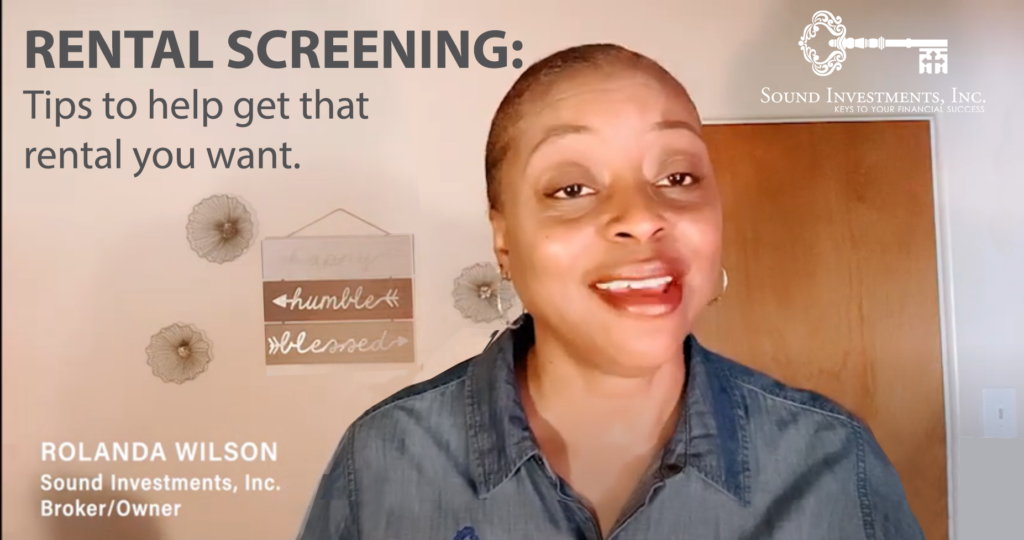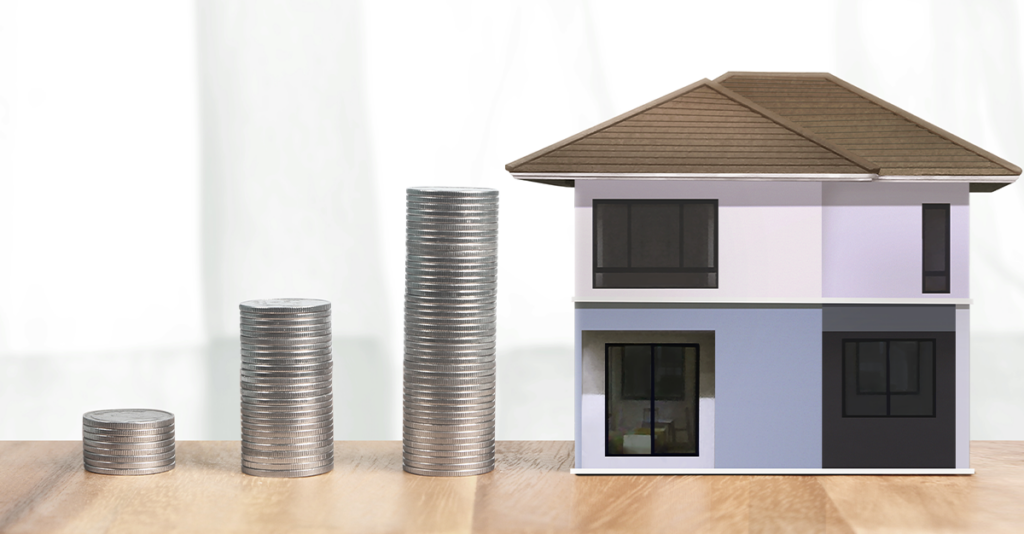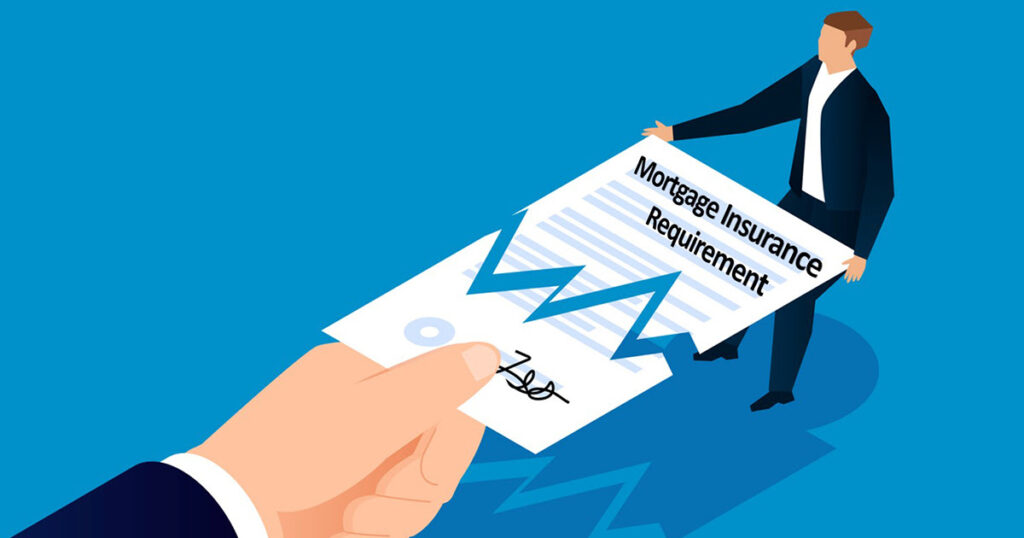There is a little-known provision in the tax code that allows homeowners to rent their principal residence or second home for up to 14 days a year without having to recognize the income. In this situation, the taxpayer does not deduct the rental expenses associated with the income. That means you can rent out your home tax free.
There is no restriction on how much you earn. If your first or second home is in a desirable area where people are looking for short-term rentals, it could provide a windfall to the homeowner.
In cities where any big sports championships are played, there could be a market for a temporary rental of a home. Events like PGA tournaments, college basketball tournaments, Bowl games, NFL playoffs and others can create a demand for this type of rental.
For instance, there are people in Augusta, Georgia who rent their homes during the Master’s Golf Tournament each year. There are not a lot of hotel rooms in the area relative to the number of people who usually attend in non-pandemic years and the homes can fetch a nice daily rate.
There can be confusion about the different types of properties and what constitutes a home. The intended use coupled with actual experience will usually determine the type of property.
There are four types of property. A principal residence is the home you live in. There is income property that you rent and do not live in. There is investment property that is primarily held for an increase in value. And, there is inventory, which is related to your business like homes that are built or purchased to be flipped.
A second home is one that is used for the primary enjoyment of the owner in addition to their principal residence. Taxpayers are allowed to deduct the mortgage interest and property taxes on a first and second home up to specific limits. A vacation home could be another name for a second home but more accurately, it is a rental property that has more than 14 days of personal use during the year. It becomes a hybrid.
And even though you could be able to rent out your home tax free, you might want to check with your insurance agent to see if your current policy covers temporary rentals, including liability in case of an accident involving personal injury. This could affect your decision as to whether you want to consider the rental.
For more information, see IRS facts about renting out a residential property or consult your tax professional.











